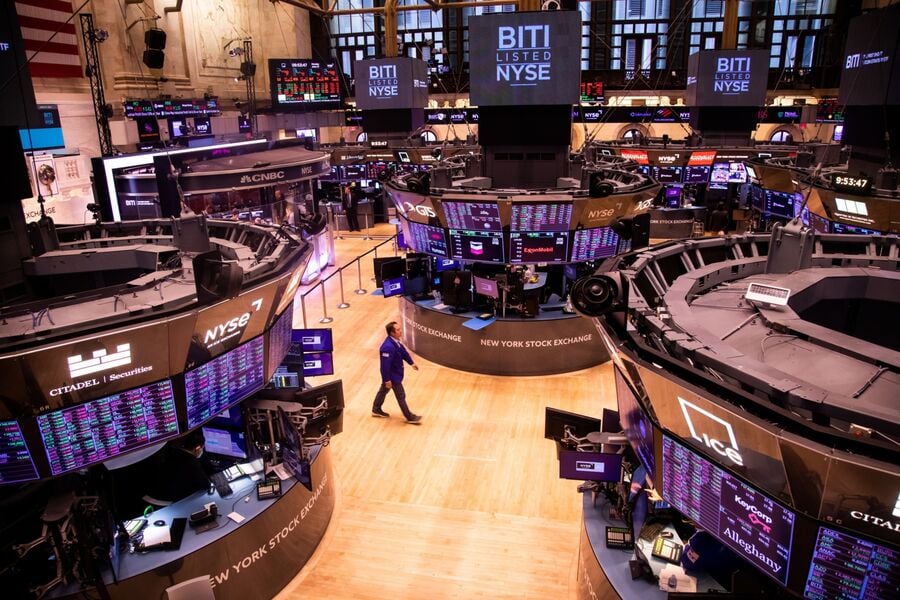

Goldman Sachs Group Inc., Morgan Stanley, JPMorgan Chase & Co. and UBS agreed to pay nearly $500 million to settle an antitrust class action by U.S. pension funds over the banks’ control of the market for stock loans used for hedging and short selling.
According to a Wednesday court filing by the pension funds in Manhattan federal court, the four banks agreed to pay $499 million and also cooperate in the litigation against Bank of America Corp., the sole remaining defendant. Credit Suisse last year agreed to pay $81 million to settle the claims against it.
Despite agreeing to settle, Goldman, Morgan Stanley, JPMorgan and UBS continue to deny any wrongdoing, according to the filing.
The plaintiffs, led by Iowa Public Employees’ Retirement System, asked U.S. District Judge Katherine Polk Failla to preliminarily approve the settlement as “fair, reasonable, and adequate.”
The 2017 lawsuit accused the major banks of colluding to hinder the development of all-electronic trading systems that match lenders and borrowers of stock. Banks typically locate shares that trading clients are looking to short and then loan them the stock, usually through their prime brokerage units. The suit focused on the banks’ participation in EquiLend, a joint-venture trading and clearing service. According to the pension funds, they used EquiLend as the forum for collusion.
EquiLend also joined in the settlement and agreed to a series of reforms that the plaintiffs believe will “materially decrease the likelihood of future collusion in the stock lending market,” the pension funds said in the filing.
“By facilitating the ability of the stock lending market to become more competitive and transparent, plaintiffs believe that these reforms generate significant value for both existing class members and future borrowers and lenders in the stock lending market,” the pension funds said in their filling.
Goldman, Morgan Stanley and UBS declined to comment on the proposed settlement. JPMorgan didn’t immediately respond to calls seeking comment after business hours. A lawyer for EquiLend also didn’t immediately respond to a request for comment.
The case is Iowa Public Employees Retirement System v. Bank of America Corp., 17-cv-6221, U.S. District Court, Southern District of New York (Manhattan).

"QuantumRisk, by design, recognizes that these so-called “impossible” events actually happen, and it accounts for them in a way that advisors can see and plan for," Dr. Ron Piccinini told InvestmentNews.

Advisors who invest time and energy on vital projects for their practice could still be missing growth opportunities – unless they get serious about client-facing activities.

The policy research institution calculates thousands in tax cuts for Washington, Wyoming, and Massachusetts residents on average, with milder reductions for those dwelling in wealth hotspots.

Yieldstreet real estate funds turned out to be far riskier than some clients believed them to be, according to CNBC.

The race to 100 transactions ended a month early this year, with April standing out as the most active month on record for RIA dealmaking.
Orion's Tom Wilson on delivering coordinated, high-touch service in a world where returns alone no longer set you apart.
Barely a decade old, registered index-linked annuities have quickly surged in popularity, thanks to their unique blend of protection and growth potential—an appealing option for investors looking to chart a steadier course through today's choppy market waters, says Myles Lambert, Brighthouse Financial.
